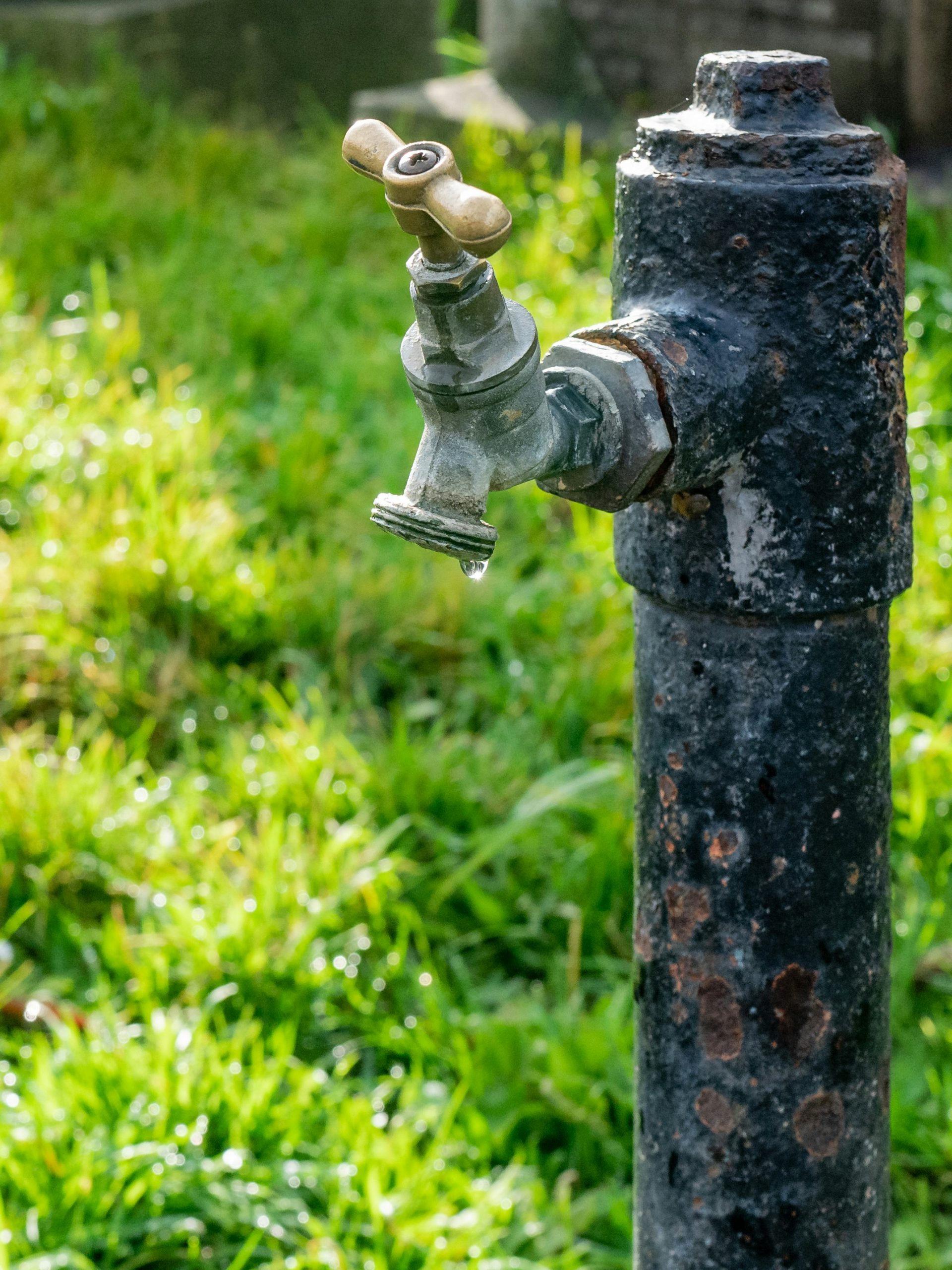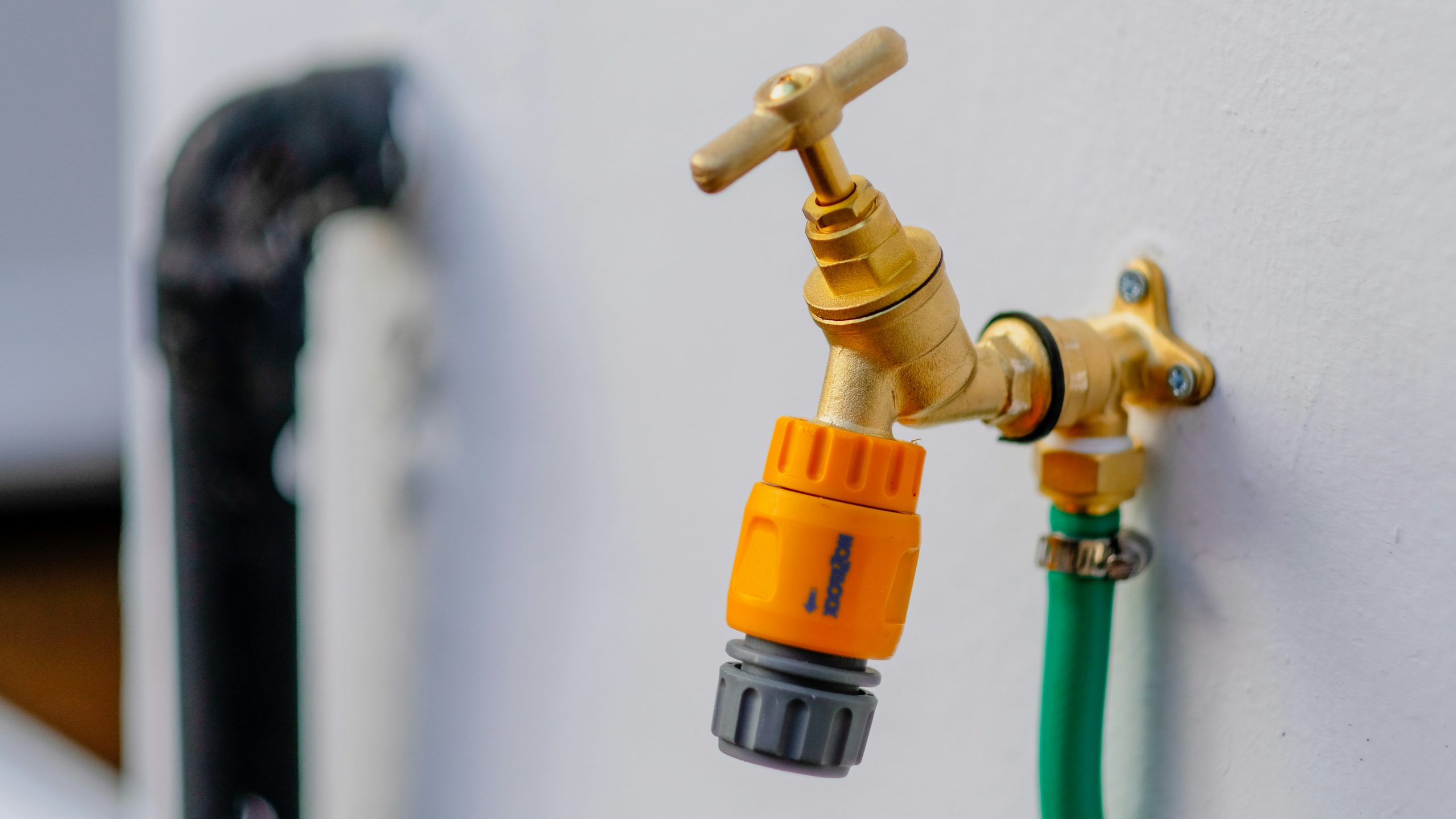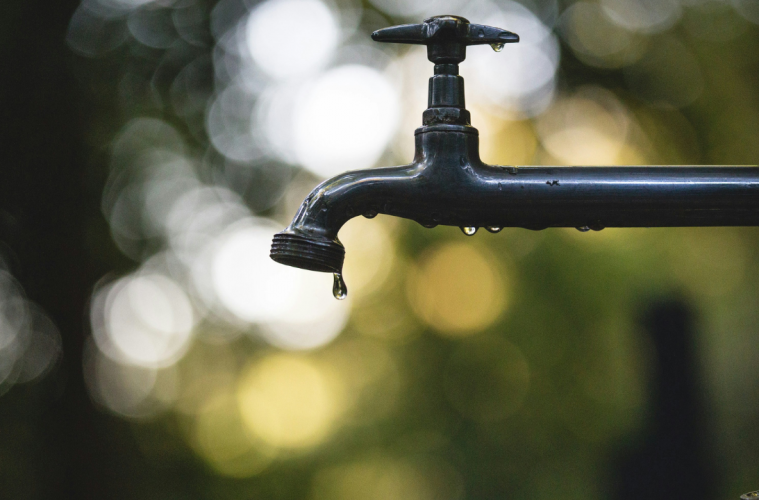From June 22 to July 29, 2024, Rand Water will conduct a 37-day maintenance project that will cause scheduled water disruptions across parts of Gauteng. This proactive maintenance aims to preserve the water infrastructure, lower long-term maintenance costs, and extend the life of the water systems.
Rand Water is carrying out this work to ensure that the water supply remains reliable for both current and future generations. Properly maintained infrastructure means fewer problems and disruptions in the long run.
Rand Water has informed municipalities well in advance about the maintenance schedule. This gives residents at least 21 days to prepare for the water outages. Municipalities will provide specific information about when and where the water disruptions will occur, along with advice on how to handle the outages.
Preparing for water outages
Here are some tips to help you manage the upcoming water outages:
Store water: Before the maintenance starts, store enough water to meet your household needs during the disruption periods.
Check schedules: Stay updated with the maintenance schedule provided by your municipality to know exactly when your area will be affected.

Pexels
Watering your garden during outages
Keeping your garden hydrated during a water outage can be challenging. Here are some tips to help your plants survive:
Use drip irrigation systems: Drip irrigation is a water-efficient method that delivers water directly to the roots of plants, minimising water waste. These systems can be set up to use stored water.
Collect rainwater: Set up rain barrels to collect rainwater, which you can use to water your garden during the outage.
Mulching: Apply a layer of mulch around your plants. Mulch helps retain moisture in the soil, reducing the need for frequent watering.

Unsplash
Water early or late: If you do have water available, try to water your garden early in the morning or late in the evening. This reduces evaporation and allows plants to absorb more water.
Water wisely: Focus on watering the roots rather than the leaves, as this ensures that the water goes directly to where it’s needed most.
Use greywater: Recycle water from your home, such as water from washing vegetables or rinsing dishes (without soap), to water your plants.
ALSO SEE: ULTIMATE CHECKLIST FOR A THRIVING WINTER GARDEN
Feature image: Unsplash


